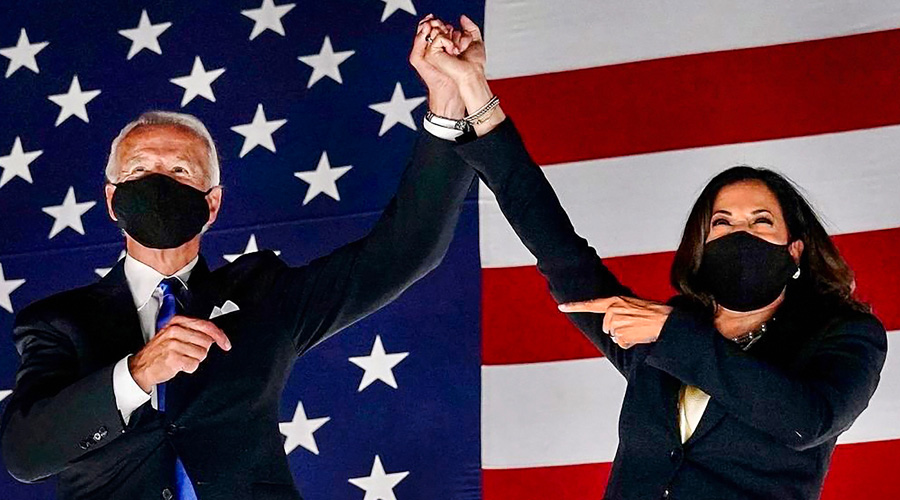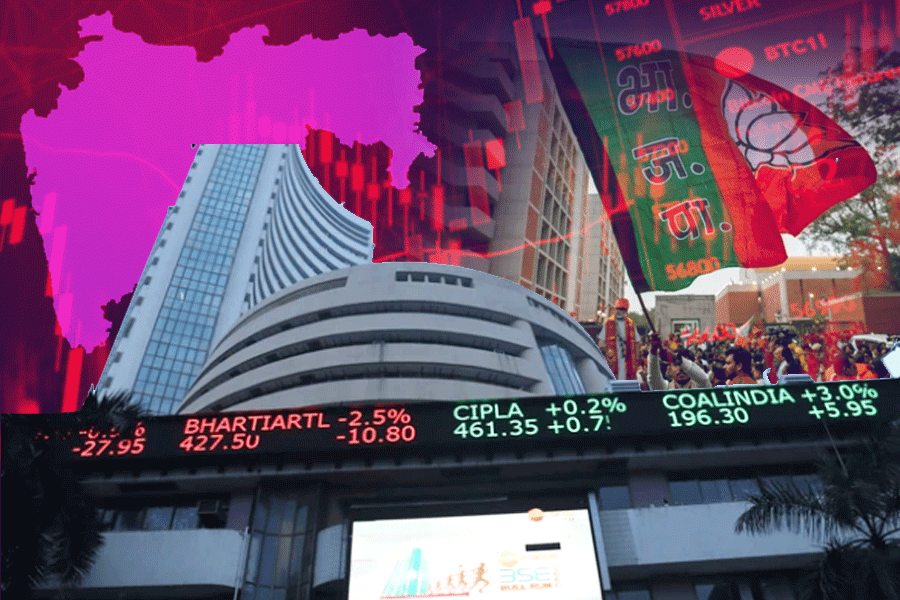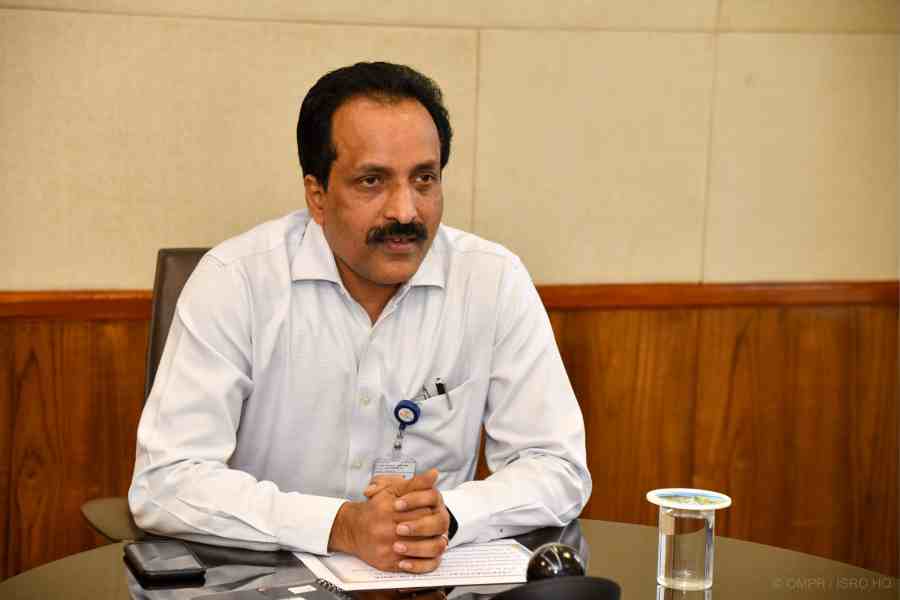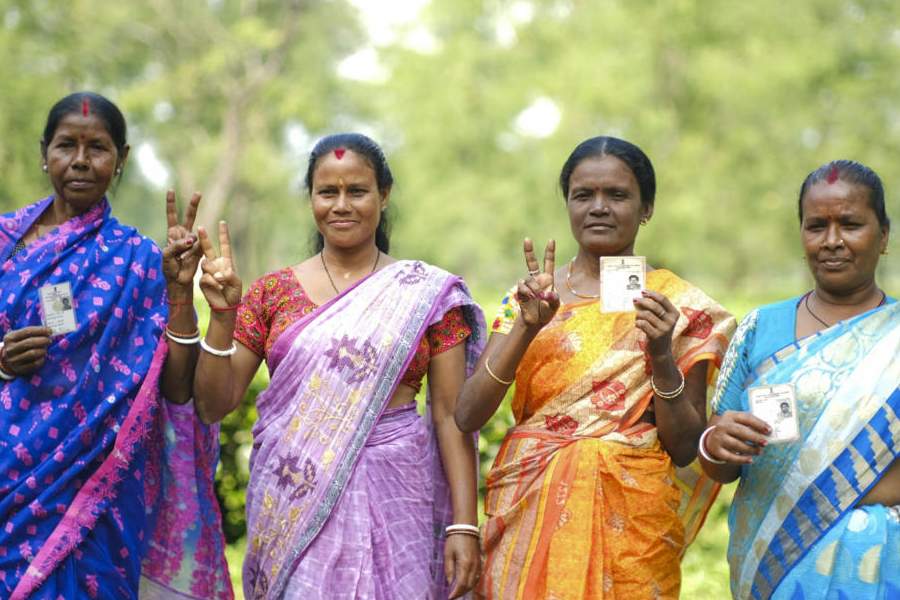In this US election, the din has buried the consequence. The narrative is of a festering society amid a ravaging pandemic, with warts of racism and inequality stoked by boorish political theatre.
The emotional fallout is searing the republic. Dazed by such antics, we ought not to ignore the overarching theme that is relevant to India: that the contemporary American saga has been one of economic growth and revival that creates unprecedented opportunities for India.
Technology and energy — the two fuels of the economy have been dramatically upended. Brought up in a world of energy shortage, policy makers are adjusting to the shale boom. Enabled by drilling innovation, pipeline infrastructure and prudent eminent domain laws US has surpassed both Saudi Arabia as the largest oil producer and Russia as the largest gas producer.
Energy consumption is evolving as rapidly. Tesla electric cars, launched at the same time as Tata’s Nano, is the world’s most valuable automaker. Powerwall home batteries are reducing electricity bills by three-fourth by deploying solar panels on roofs and backyards. All this portends an energy revolution that will favour consumers.
Emissions from solar and gas are a fraction of coal. India is a major net buyer — and the notion of cheap, clean fuel whose supply doesn’t depend on West Asian politics is welcome. Contrast this with the dominant narrative of energy during this election: the perils of fracking and of nepotism in Ukraine. These problems may be real, but not as cataclysmic as the spectre of a world running out of energy.
The news from the technology sector is also dour, chronicling giant tech companies that have spawned cyber gestapos bent on prying secrets and eradicating small businesses. The five companies — ominously called FAANG — have a market capitalisation of nearly $6 trillion and data security and business concentration need legal safeguards, but should be seen alongside the fact that global economies are operating above 90 per cent levels through the pandemic because of such technology.
As a businessperson, I have promoted new products on social media and sold goods through e-commerce at a fraction of the fixed cost and reached global customers — something only multinationals had the resources to do earlier. India has been a partner in the success of the US-led IT industry. Whether as a customer of TCS and Infosys, an investor in Indian start-ups, or as Indian-origin CEOs at Google and Microsoft, our countries have shared interests and opportunities.
While data and oil strengthen the US economy, people drive productivity. To quote the play Hamilton, immigrants get the job done. Despite political broadsides, immigrants have been an unmitigated blessing to America — adding to GDP growth, receiving majority of patents and seasoning the melting pot culture.
Indian immigrants have assimilated seamlessly into the US and are now the most successful, educated and highest-income group in the nation. Deep people-to-people exchange is the most resilient foundation of the India-US partnership.
People also drive consumption and the US has been a consumer of last resort to the world economy. Many nations — Japan, Korea and China — have grown rich on the back of US buyers, and reinforcing India’s export competitiveness is key.
The revocation of the General System of Preferences (GSP) last year hurt Indian exports. India’s policy to propel champion industries and to work with US to have preferential access to their markets needs to be our priority post elections.
Having rationalised corporate taxes and unlocked labour market bottlenecks, Indian industry has a historic opportunity to take on competition and massively scale up exports to the US.
Democracy creates heat and dust, unlike the ostensibly serene but ultimately brittle autocratic systems. In the clamour, candidates occasionally bait and jostle.
Admittedly, it isn’t pretty and sometimes the missives cut close to the bone. However, it is in this spectacle around the festival of democracy that US and India are tied together. Irrespective of the party in power, there is much to cherish between our two countries.
An alumnus of Columbia University, Rudra Chatterjee is a businessperson with interests in both India and the US











